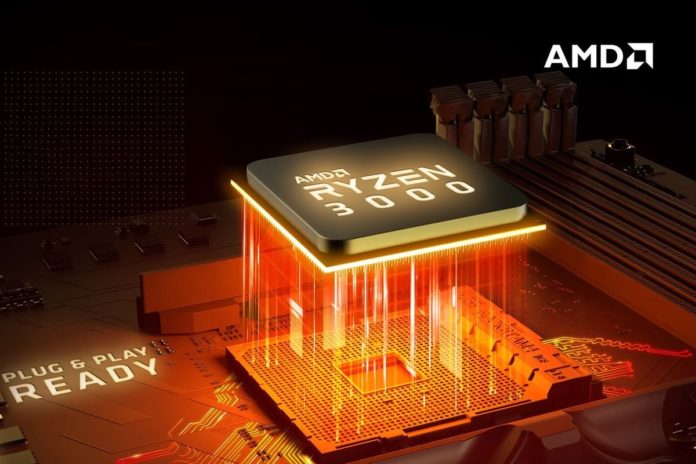There has been a lot of confusion regarding PCIe 4 compatibility on the older 2nd Gen Ryzen motherboards. AMD made it clear that it wouldn’t support the new standard on X470 and B450 boards, but Biostar has taken matters into its own hands and enabled it on older Ryzen motherboards anyway.

Biostar isn’t the first OEM to go against AMD’s announcement. Earlier Asus also rolled out BIOS patches to enable the functionality. However, both the vendors will be supporting the newer PCIe standard on the x16 and M.2 slots. Earlier, some boards were having an issue which would cause the x16 slots to run at x8 mode with PCIe 4 enabled. It’s not certain whether the same will be the case for the Biostar motherboards.
However, don’t get too excited. AMD will probably disable PCIe 4 support on all the older boards via an AGESA update. You’ll either have the option to stick with PCIe 4 but older BIOS versions or migrate to newer firmware and get potential performance boosts and bug fixes but lose the PCIe 4 support. In our opinion, it’s better to go with the latter as right now even it’s hard to saturate even the PCIe 3 standard, so the newer iteration doesn’t really provide any notable improvement.
| Model | BIOS Revision |
| X470GT8 | X47AG718.BST |
| X470GTN | X47AK718.BSS |
| B450MH | B45CS718.BSS |
| B45M2 | B35GS718.BSS |
The four Biostar motherboards to support the newer standard include the X470GT8, X470GTN,
Further Reading:


